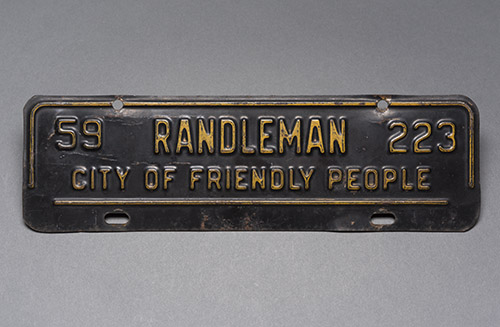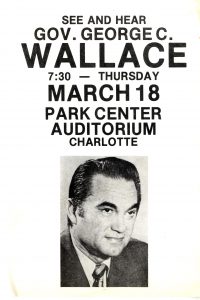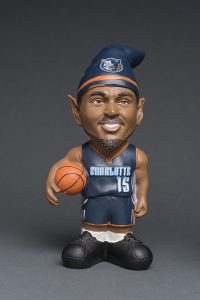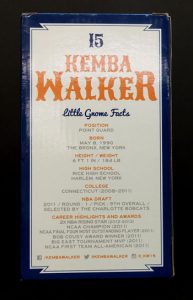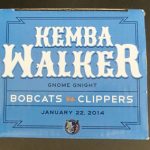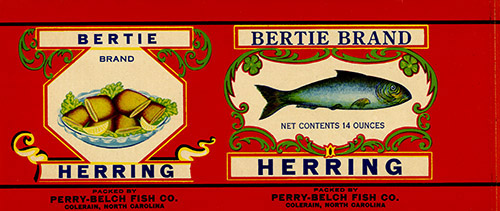1. In 1907 the town of Chadbourn in Columbus County claimed a world record for a one-day shipment of what agricultural product?
2. What comic actor lost his father and two brothers in the 1974 crash of Eastern Air Lines Flight 212 at what is now Charlotte/Douglas International?
3. What is the largest “City” in North Carolina?
4. “Who was the greatest writer? Wolfe! Thomas Wolfe. After me, of course.” Who said it?
5. True or false: North Carolina west of Asheville was once part of the Central Time Zone.
Answers below….
1. Strawberries. Between sunrise and sunset, workers harvested more than 1.1 million quarts, which filled 180 railroad boxcars.
2. Charleston-reared Steven Colbert. Ten years old at the time of the crash, Colbert has traced his comedic roots to concern for his grieving mother: “I think I did my best to cheer my mom up.”
3. Elizabeth City (beating out Morehead City, Siler City and Forest City).
4. Jack Kerouac.
5. This was true from 1883, when time zones were established nationally, until 1947, when the legislature adopted Eastern Standard Time statewide.

